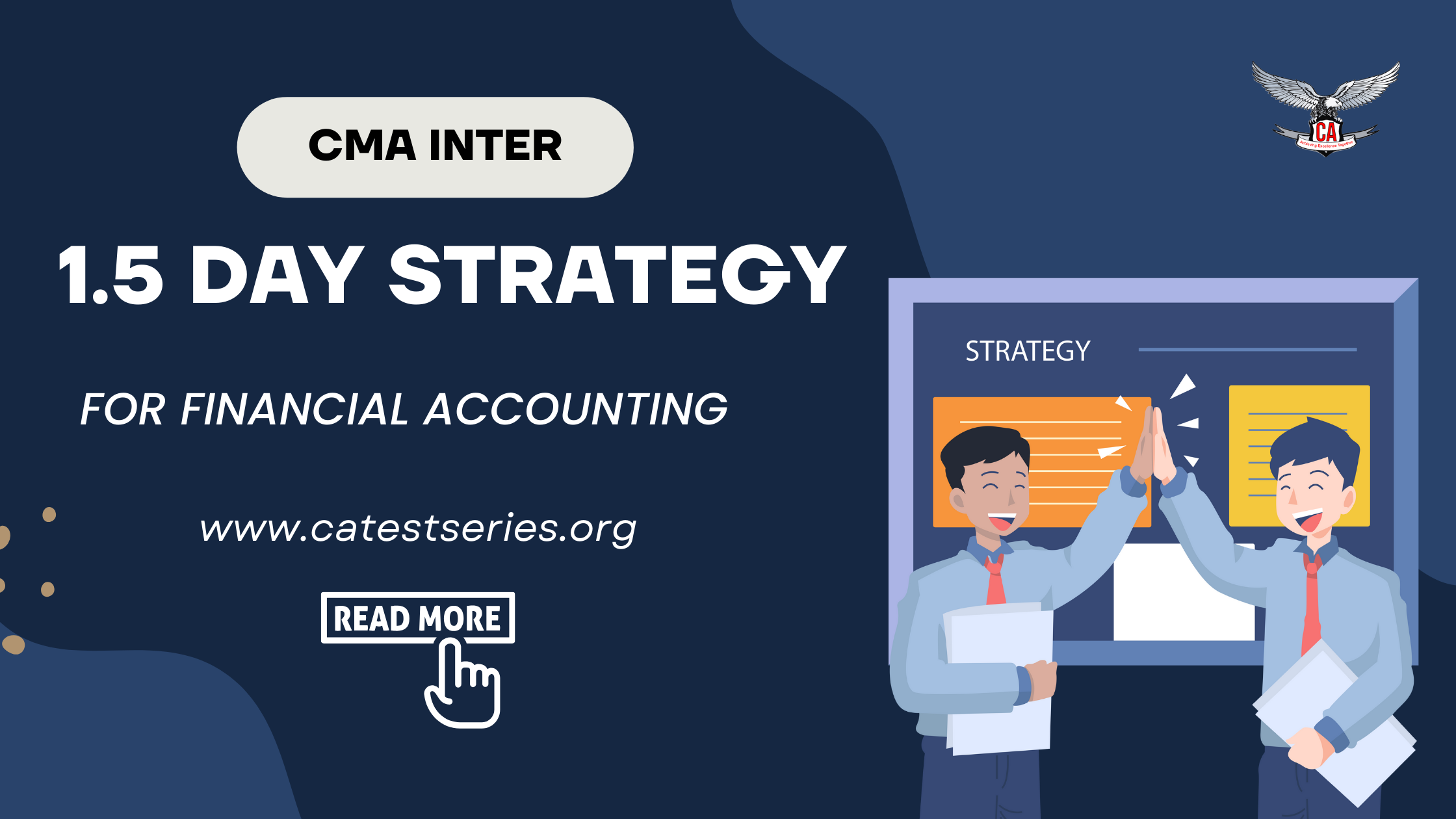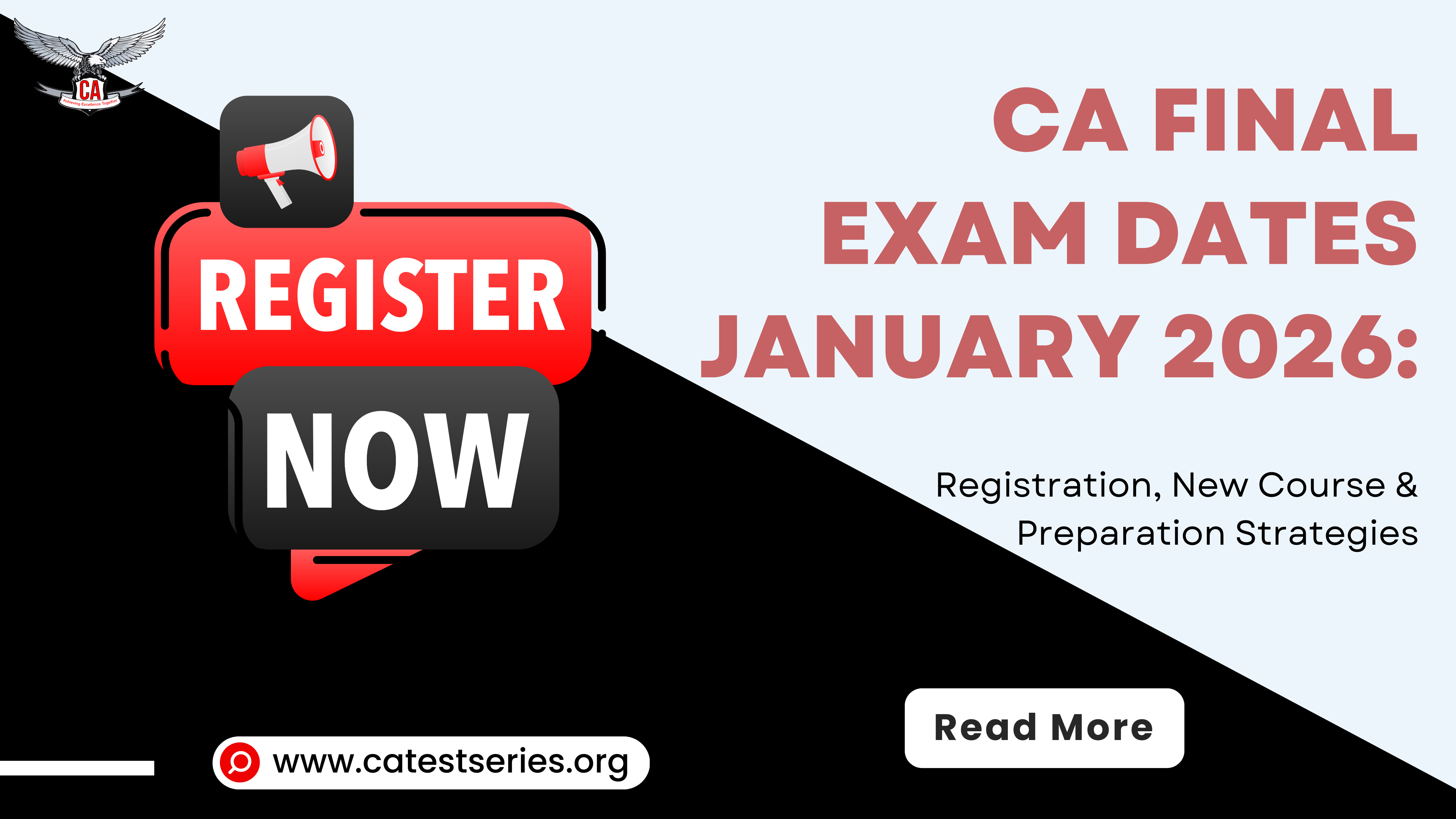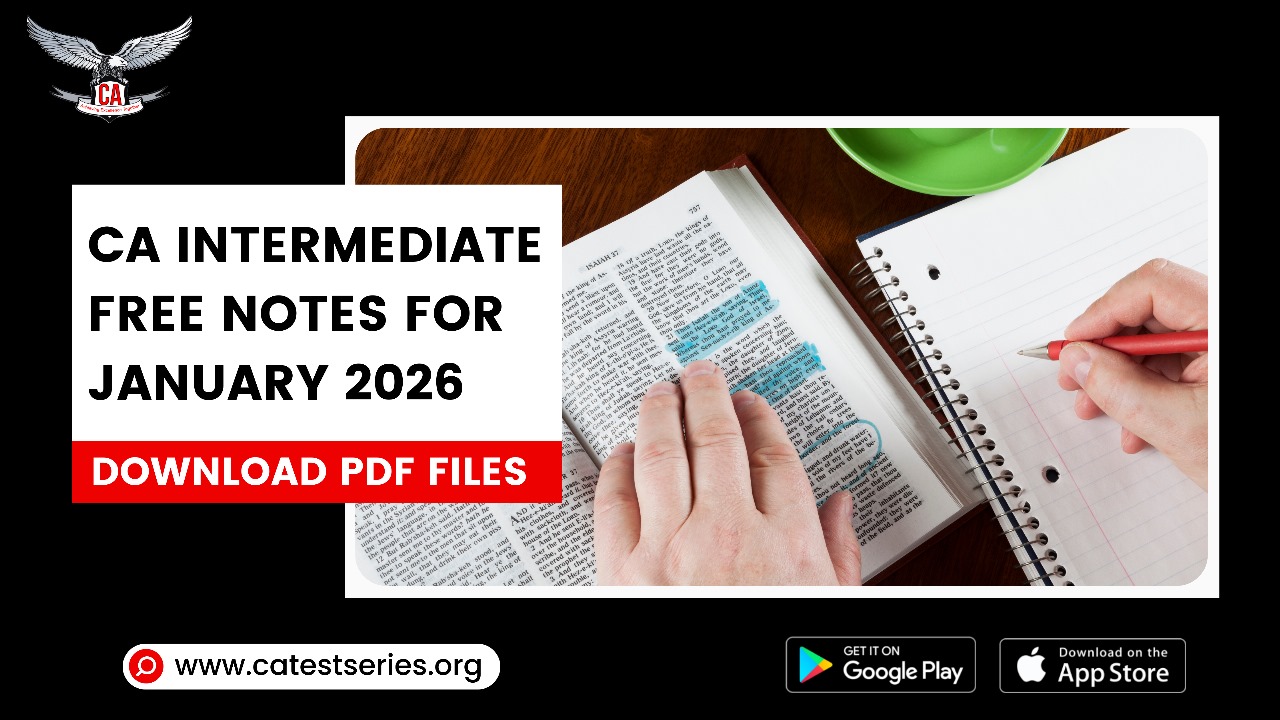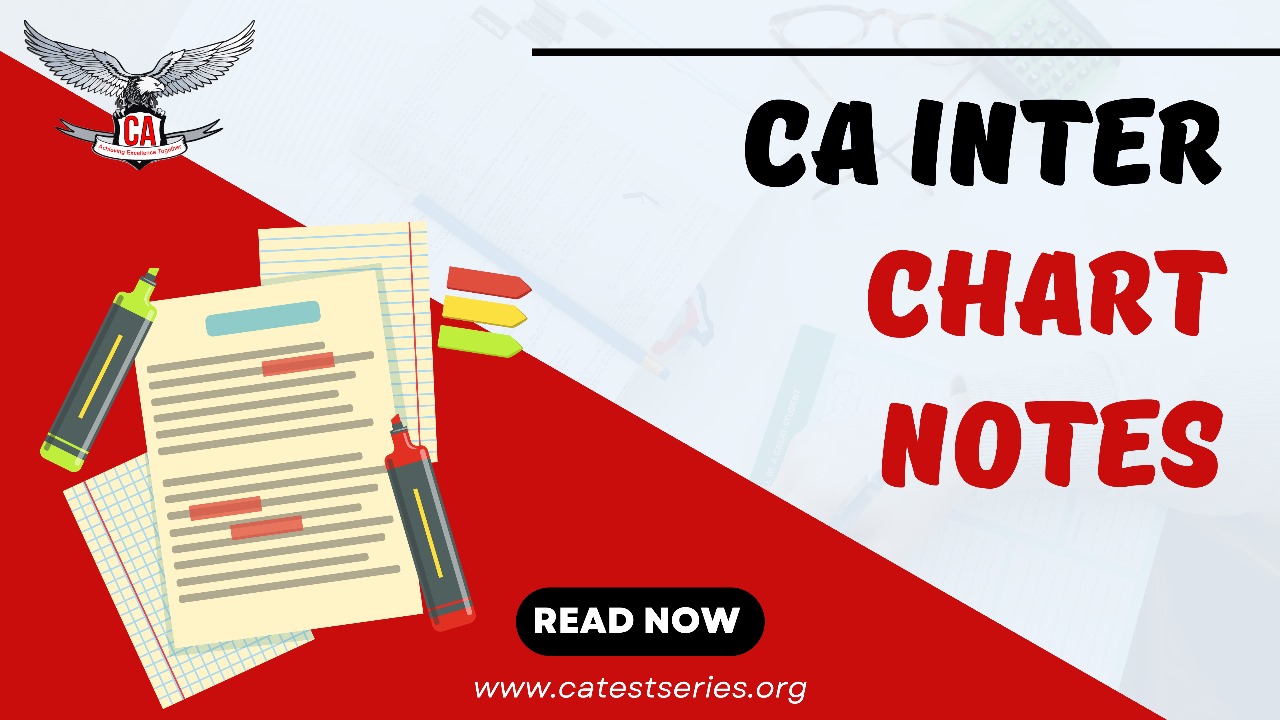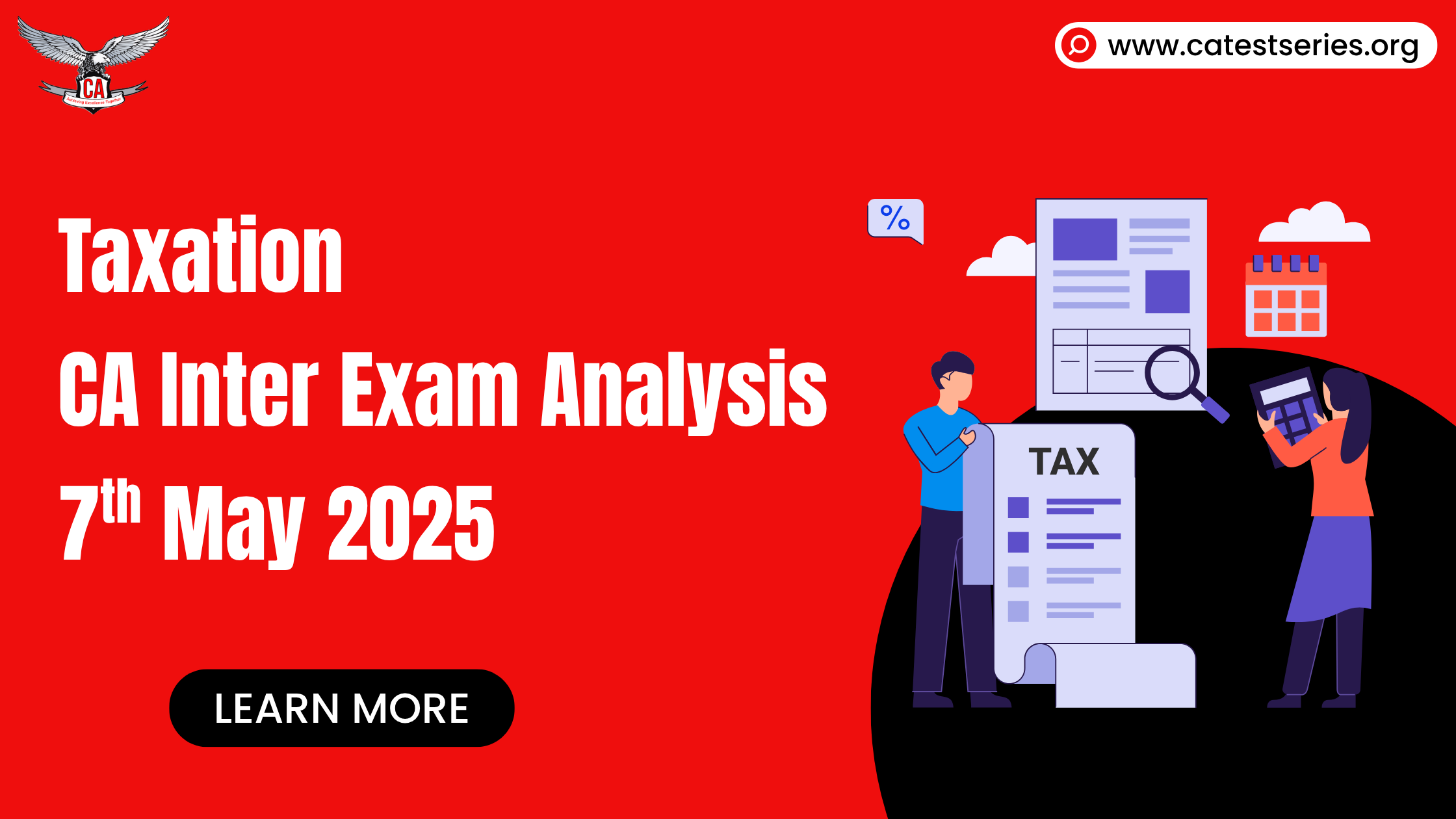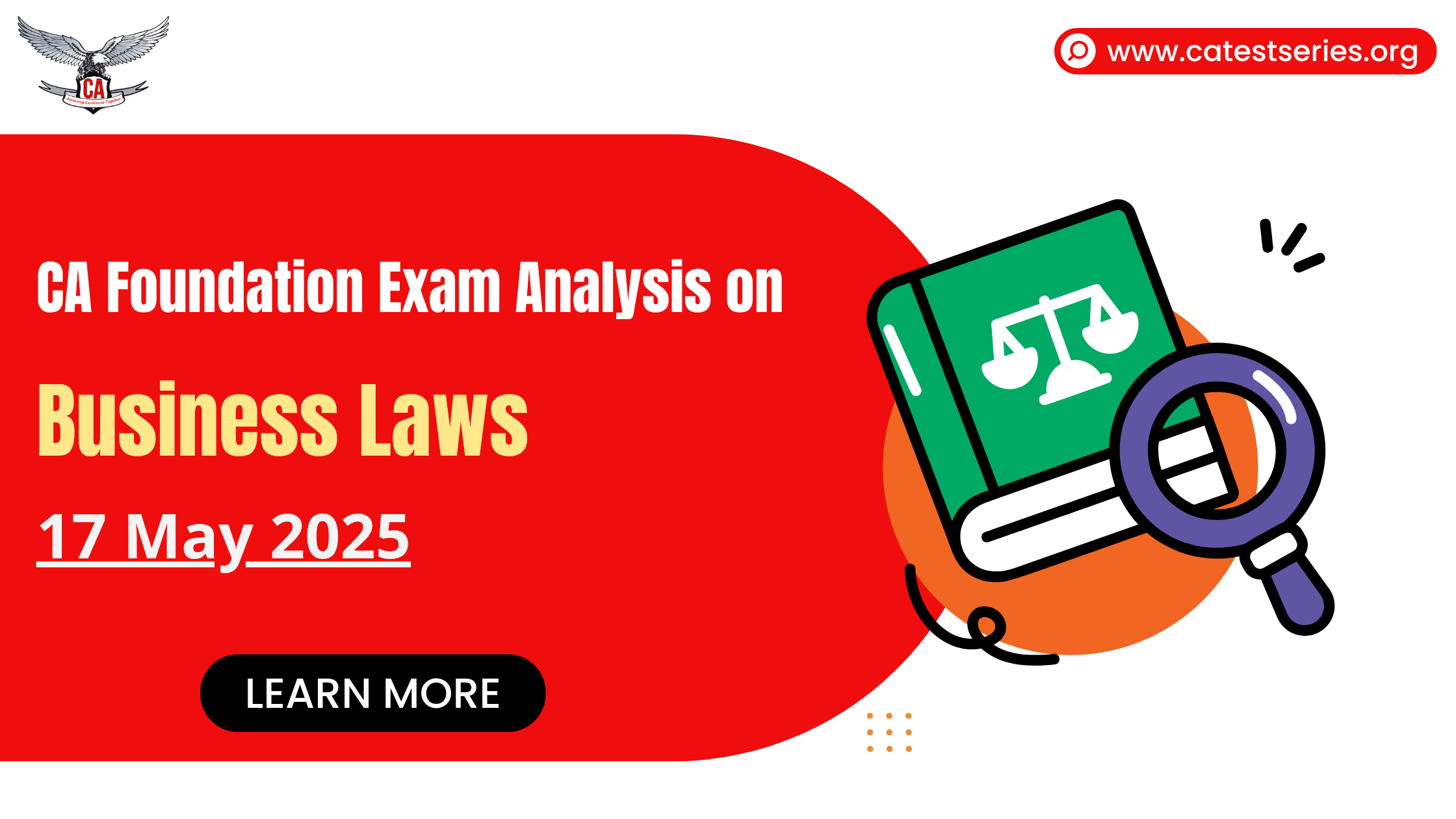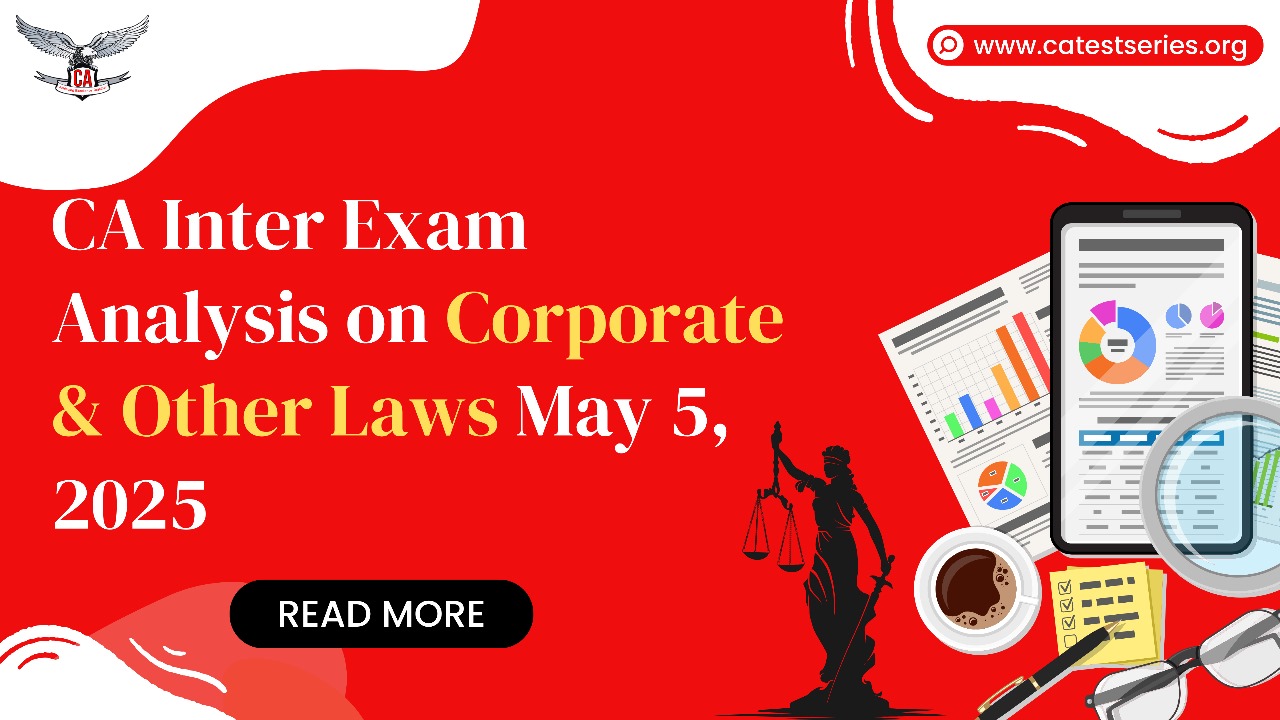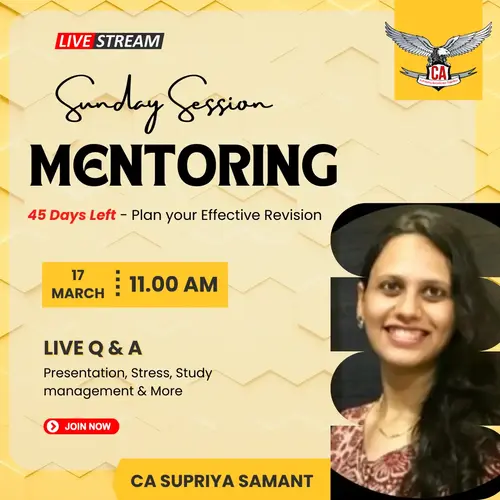Financial Accounting Study Plan for CMA Inter
Mastering Financial Accounting in 1.5 Days: A Strategic Study Plan for CMA Inter
Are you getting ready for the CMA Inter exam and have a fear of passing the Financial Accounting? Whether you are taking the exam again or preparing it for the first time, this intensive 1.5-day study strategy will help you effectively cover the essential concepts and maximize your preparation time.
Making the Most of 36 Hours: Yours Financial Accounting Mover
Financial Accounting is a major subject in the CMA Inter course, carrying significant weight in the exam. Sometimes, there is a need for focus effort when the study plan is long and ideal. The 36-hour strategy is made to help the students in many ways-
- Focus on the topics carrying high marks
- Understand the concepts in depth
- Do a revision of important problems
- Retain key information effectively
Prerequisites for This Strategy
Before diving into this intensive study plan, ensure you have the following:
- Your study materials ready (textbooks, notes, practice problems)
- A quiet, dedicated study space
- Basic understanding of accounting fundamentals
- Calculator and necessary stationery
- Energy drinks or coffee (you will need them!)
- Alarm clock for maintaining strict time schedules
Subject-Specific Study Techniques
- Accounting Standards Deep Dive
AS-1 (Disclosure of Accounting Policies)
- Focus on the materiality concept
- Understand prudence and consistency
- Learn key disclosure requirements
- Practice disclosure-based problems
AS-2 (Valuation of Inventories)
- Master FIFO and weighted average methods
- Understand net realizable value calculations
- Practice cost formula applications
- Learn the treatment of spare parts
AS-3 (Cash Flow Statements)
- Master direct and indirect methods
- Practice reconciliation statements
- Learn treatment of non-cash transactions
- Understand the classification of activities
2. Critical Areas in Partnership Accounts
Admission of Partner
- Calculation of the new profit-sharing ratio
- Treatment of goodwill
- Revaluation of assets and liabilities
- Capital adjustment methods
Retirement of Partner
- Gaining ratio calculations
- Settlement of the retiring partner account
- Treatment of reserves and accumulated profits
- Joint Life Policy adjustments
Death of Partner
- Time-based profit calculations
- Executor account treatment
- Interest calculations
- Special adjustments
Memory Enhancement Techniques
- The LOCI Method for Accounting
- Associate accounting concepts with familiar places
- Create visual connections for complex topics
- Use spatial memory for formula retention
- Build concept chains for related topics
2. Mind Mapping for Financial Statements
- Create central themes for each statement
- Branch out with related concepts
- Use colors for different categories
- Add symbols for better recall
3. Acronym Creation for Key Concepts
- Develop memorable acronyms for accounting principles
- Create rhymes for formula sequences
- Use word associations for complex terms
- Make personal connections to concepts
Day 1: Full Day (24 Hours)
Morning Session (6:00 AM - 11:00 AM)
- Accounting Standards (2 hours)
- Focus on AS-1, AS-2, and AS-3
- Create quick reference notes
- Solve 2-3 problems for each standard
2. Final Accounts (3 hours)
- Company final accounts format
- Profit and loss statement
- Balance sheet preparation
- Adjustments and their treatment
Mid-Day Session (11:30 AM - 4:30 PM)
- Depreciation and Provisions (2 hours)
- Methods of depreciation
- Provision calculations
- Reserve creation and utilization
2. Partnership Accounts (3 hours)
- Admission of partners
- Retirement and death of partners
- Dissolution of partnership
- Profit sharing ratios
Evening Period (5:00 PM - 10:00 PM)
- Issue of Shares and Debentures (2.5 hours)
- Types of shares
- Share application and allotment
- Forfeiture and reissue
- Debenture types and accounting
2. Redemption of Preferences Shares (2.5 hours)
- Legal Requirements
- Premium on redemption
- Fresh issue calculations
- Capital redemption reserve
Night Session (10:30 PM - 3:30 AM)
- Buy Back of Shares (2.5 hours)
- Legal provisions
- Journal entries
- Complex problem solving
2. Practice and Revision (2.5 hours)
- Quick Revision of covered topics
- Solving past year questions
- Making formula sheets
Day 2: Half Day (12 Hours)
Morning Period (8:00 AM - 12:00 PM)
1. Bonus Issues (2 hours)
- Capitalization of reserves
- Accounting entries
- Problem-solving
2. Cash Flow Statements (2 hours)
- Operating activities
- Investing activities
- Financing activities
Final Session (12:30 PM - 4:30 PM)
1. Mock Test Practice (2 hours)
- Timed problem solving
- Multiple-choice questions
- Theory questions
2. Final Revision (2 hours)
- A quick review of weak areas
- Formula revision
- Important concepts recap
Emergency Topics (If Time is Very Limited)
High-Weightage Areas
1.Company Accounts
- Share capital transactions
- Debenture issues and redemption
- Final account preparation
2. Cash Flow Statement
- Operating activities
- Investing activities
- Financing activities
3. Partnership Fundamentals
- Profit sharing
- Goodwill treatment
- Capital adjustments
Exam Day Strategy
- Time distribution
Theory questions (30 minutes)
- A quick review of concepts
- Point- wise answers
- Clear presentation
Practical Problems (2.5 hours)
- Reading time allocation
- Step-by-step solutions
- Cross-verification time
2. Answer paper presentation
- Use proper formats for financial statements
- Show clear working notes
3. Question Selection Strategy
- Start with confident areas
- Attempt high-mark questions first
- Keep a time buffer for complex problems
- Do not skip theory questions
Essential Study Tips for Success
- Active Learning Techniques
- Solve problems while studying concepts
- Explain topics to yourself verbally
- Create mind maps for complex topics
- Write down important formulas repeatedly
2. Strategic Breaks
- Take 15-minute breaks every 2 hours
- Use breaks for light stretching
- Stay hydrated and maintain energy levels
- Avoid social media during breaks
3. Problem-Solving Approach
- Read the question carefully
- Note important data points
- Plan your solution structure
- Cross-check calculations
- Verify final answers
4. Time Management
- Stick to allocated time slots
- Use a timer for each topic
- Keep buffer time for difficult concepts
- Do not skip breaks
Common Things to Avoid
- Do:
- Focus on understanding core concepts
- Practice numerical problems
- Review basic principles
- Keep formula sheets handy
- Take proper rest breaks
2. Do not-
- Try to memorize without understanding
- Spend too long on one topic
- Skip basic concepts
- Ignore past-year questions
- Forget to practice calculations
Post-Study Action Items
After completing this intensive study session:
- Review your formula sheets
- Organize your notes
- Keep important problems marked
- Plan for quick Revision before the exam
- Get proper rest before the exam day
Post-Exam Analysis
- Self-Assessment
- Review attempted questions
- Identify weak areas
- Note challenging concepts
- Plan future improvements
2. Documentation for Future Reference
- Keep topic-wise notes
- Document problem-solving approaches
- Save important formulas
- Create quick reference guides
Long-Term Success Tips
- Regular Practice Routine
- Daily accounting problem-solving
- Weekly mock tests
- Monthly topic revision
- Continuous concept updating
2. Resource Management
- Organize study materials
- Create digital backups
- Maintain formula cards
- Update question banks
3. Concept Building
- Focus on fundamentals
- Practice basic problems
- Build complexity gradually
- Review core principles regularly
Conclusion
While this is an extremely intensive and challenging 1.5-day study plan, it provides you the opportunity to understand the main Financial Accounting concepts so you can prepare for your CMA Intermediate exam. This is an emergency preparation, not for first-time learners. Another study schedule that is more spread out is recommended for better long-term understanding and retention. Remember, while this crash course can help you navigate through the exam, developing a deeper understanding of Financial Accounting concepts through regular study will benefit you in your professional journey as a CMA.
Stay focused, follow the timeline, and maintain your energy levels to complete the preparations.. When you dedicate yourself and work strategically, you can get over the crucial topics and prepare yourself for the exam.
All the best to you for your preparations!

